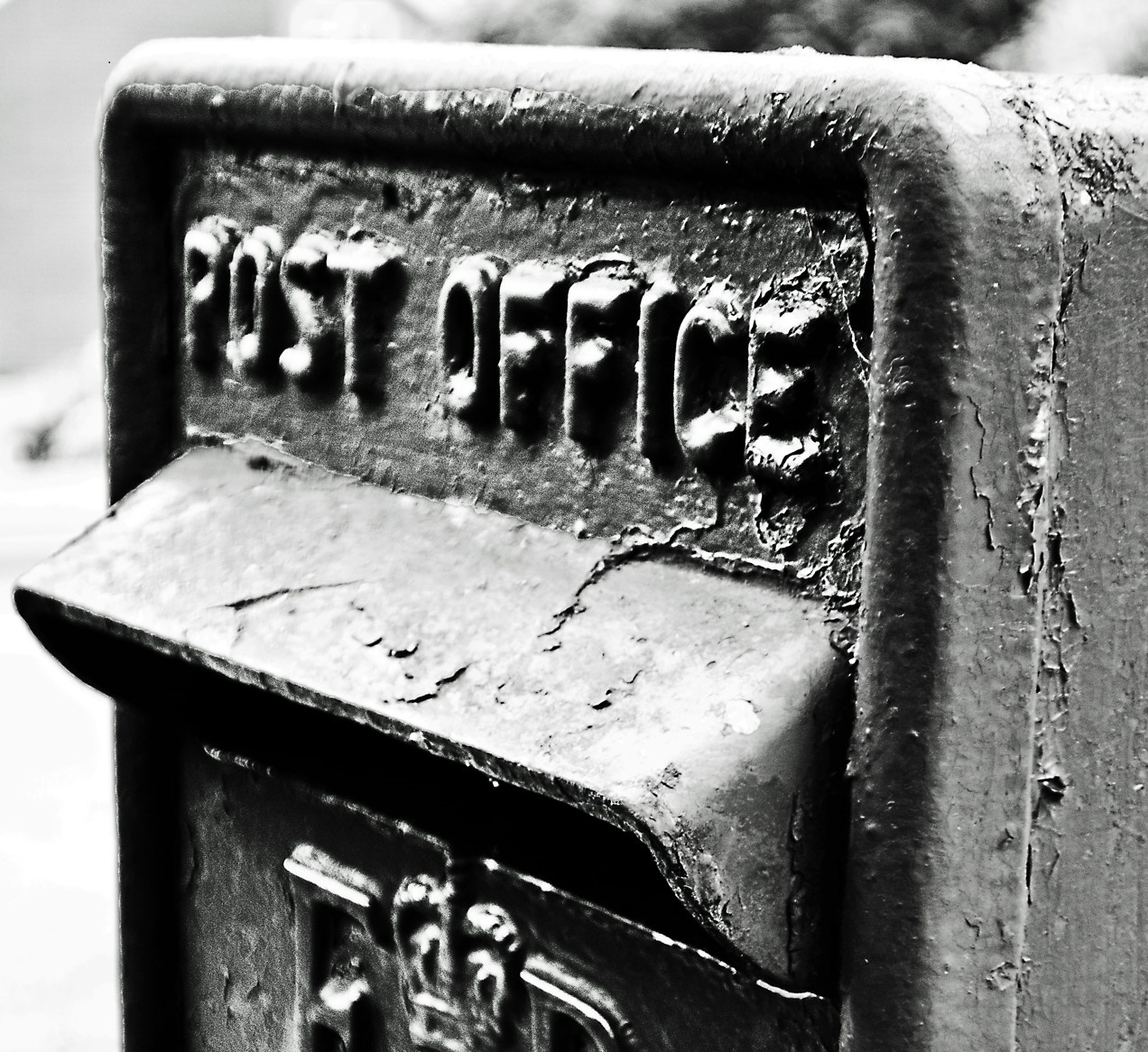Nine in 10 deals worth £5m or more are awarded to firms that fail to meet incoming supply-chain regulations, according to Tussell
Credit: Max Pixel
Only 10% of high-value contracts awarded by government bodies in the last four years have gone to outsourcers that comply with new standards that will penalise companies that fail to pay their suppliers on time, an analysis has found.
The public contracts database Tussell has warned that 80% of strategic suppliers – companies that receive over £100m in revenue per year from government contracts, including an array of major tech firms – are at risk of being excluded from large government contracts, based on their track record.
Telecoms firms were singled out as having a particularly low compliance rate, while two-thirds of major IT suppliers are also set to fall foul of the new rules.
From September, contractors that provide services to government that fail to pay 95% of their invoices to other companies in their supply chain within 60 days could be excluded from bidding on public contracts worth more than £5m a year. Public-sector bodies are already required to pay their suppliers within 30 days.
Related content
- Government to tighten outsourcing processes
- Government changes risk-management model for major suppliers in light of Carillion collapse
- IT titans commit to follow government’s lead on 30-day payment-terms pledge
But in a report that called on the government to give suppliers more time to adjust to the regulations, Tussell found that of the 1,888 companies that had won government contracts since 2015, 1,336 – 70% – failed to pay their subcontractors on time.
And of the 1,139 contracts valued above the £5m threshold, worth a total of £172.2bn, just 10% were compliant with the new standard.
The report also found that 28 of the 36 strategic suppliers to government had reported poor payment practices. It highlighted the “outsourcing/construction” sector as a particular area of concern, as nine strategic suppliers in this area would be deemed non-compliant according to the new criteria.
Together, nine outsourcing and construction firms were responsible for 66 in-scope contracts, but paid just 72% of invoices on time on average. Only one company in this sector managed to pay its bills on time.
But among strategic suppliers, telecoms contractors had the lowest rate of compliance with the regulations. All three strategic suppliers in this sector fell short of the requirements, paying just 67% of subcontractors on time across six contracts.
Four IT and tech outsourcers were among the best-performing strategic suppliers, between them paying 97% of invoices on time, but seven companies in the same sector fell below the required threshold.
While none of the five defence suppliers met the target, they were nevertheless among the better performers, paying 90% of invoices on time.
The report said the policy had the potential to be “transformative” for small and medium-sized businesses in the government’s supply chain, citing an estimate from the Federation of Small Businesses that late payments cause 50,000 small businesses to close every year.
“However, if implemented without due care, it could have a devastating impact on an already strained outsourcing sector,” it warned.
Freezing out strategic suppliers would be “counterproductive”, according to the report. “Therefore, we recommend the government proceed with care – taking decisive action but allowing tier 1 suppliers [that have direct contracts with government] sufficient time to reform. It should use the data at its disposal to focus attention on the areas where action on prompt payment would generate the highest return.”



